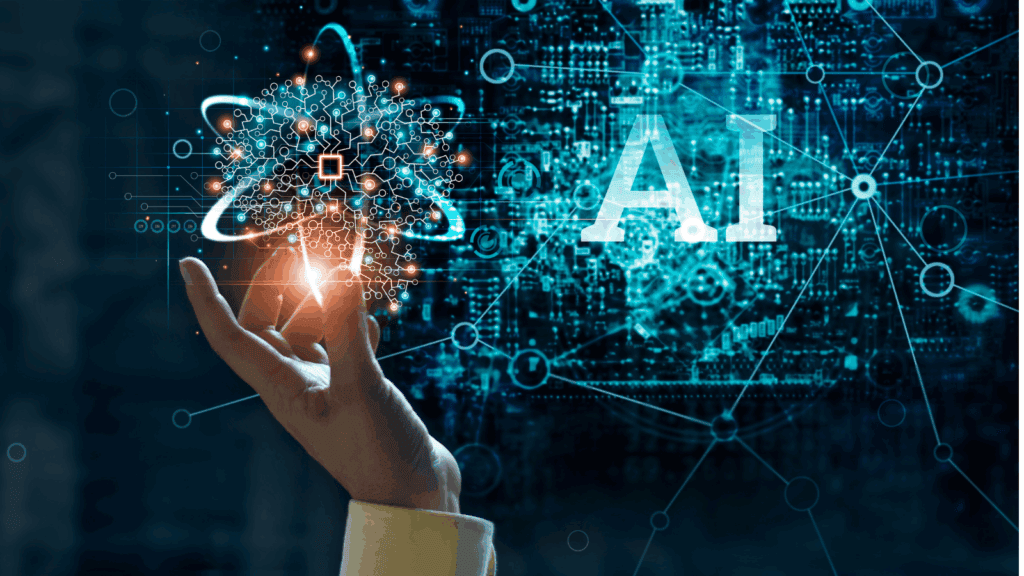On Wednesday, September 17, 2025, the Italian Senate definitively approved the bill containing “provisions and delegations to the Government on artificial intelligence,” connected to the national budget law.
For Italy, this represents the first national legislation specifically addressing artificial intelligence.
The bill, consisting of 28 articles divided into six chapters, does not directly regulate the use of A.I., but delegates to the Government the responsibility to adopt implementing decrees for different sectors.
The key points of the new law include:
- a human-centered approach: A.I. must be a tool to support decision-making without replacing human intervention,
- proper, transparent, and responsible use of A.I.,
- the need to guarantee fundamental rights, non-discrimination, gender equality, safety, human accountability, personal data protection, privacy, accuracy, and sustainability.
The competent national authorities are: AgID (Italian Agency for Digitalization), as the notification and regulatory authority, and the National Cybersecurity Agency (ACN), responsible for supervision and inspections.
The legislator identified four main sectors: healthcare, employment, public administration and justice, education and sports.

Main provisions on employment
Article 11 – Provisions on the use of artificial intelligence in employment
- Artificial intelligence must be used to improve working conditions, safeguard the physical and mental integrity of workers, enhance the quality of performance, and increase productivity, in line with EU law.
- The use of A.I. in the workplace must be safe, reliable, and transparent, and cannot conflict with human dignity or infringe personal data privacy. Employers or contractors are required to inform workers of the use of artificial intelligence, in the cases and according to the procedures provided by applicable law.
- The use of A.I. in the organization and management of employment relationships must always respect the inalienable rights of workers, ensuring non-discrimination on the basis of sex, age, ethnic origin, religion, sexual orientation, political opinions, and personal, social, or economic conditions, in accordance with EU law.
Article 12 – Observatory on the adoption of artificial intelligence in the workplace
- A ministerial Observatory will be established to define a national strategy on the use of artificial intelligence in employment, monitor its impact on the labor market, and identify the sectors most affected by its adoption.
Article 13 – Provisions on intellectual professions
- The use of artificial intelligence in intellectual professions must be limited to instrumental and support activities, with the intellectual work of the professional remaining predominant.
- To safeguard the fiduciary relationship between professional and client, information on the A.I. systems used must be communicated to the client in clear, simple, and comprehensive language.
Other related insights:
- Artificial Intelligence in the workplace: Guidelines for HR and managers on the use of AI Systems in employment contexts (Econopoly of Il Sole 24 Ore, 27 August 2025 – Martina De Angeli, Alesia Hima)
- How to manage AI in business: a guide for companies’ management (Agenda Digitale – 4 April 2025, Martina De Angeli)